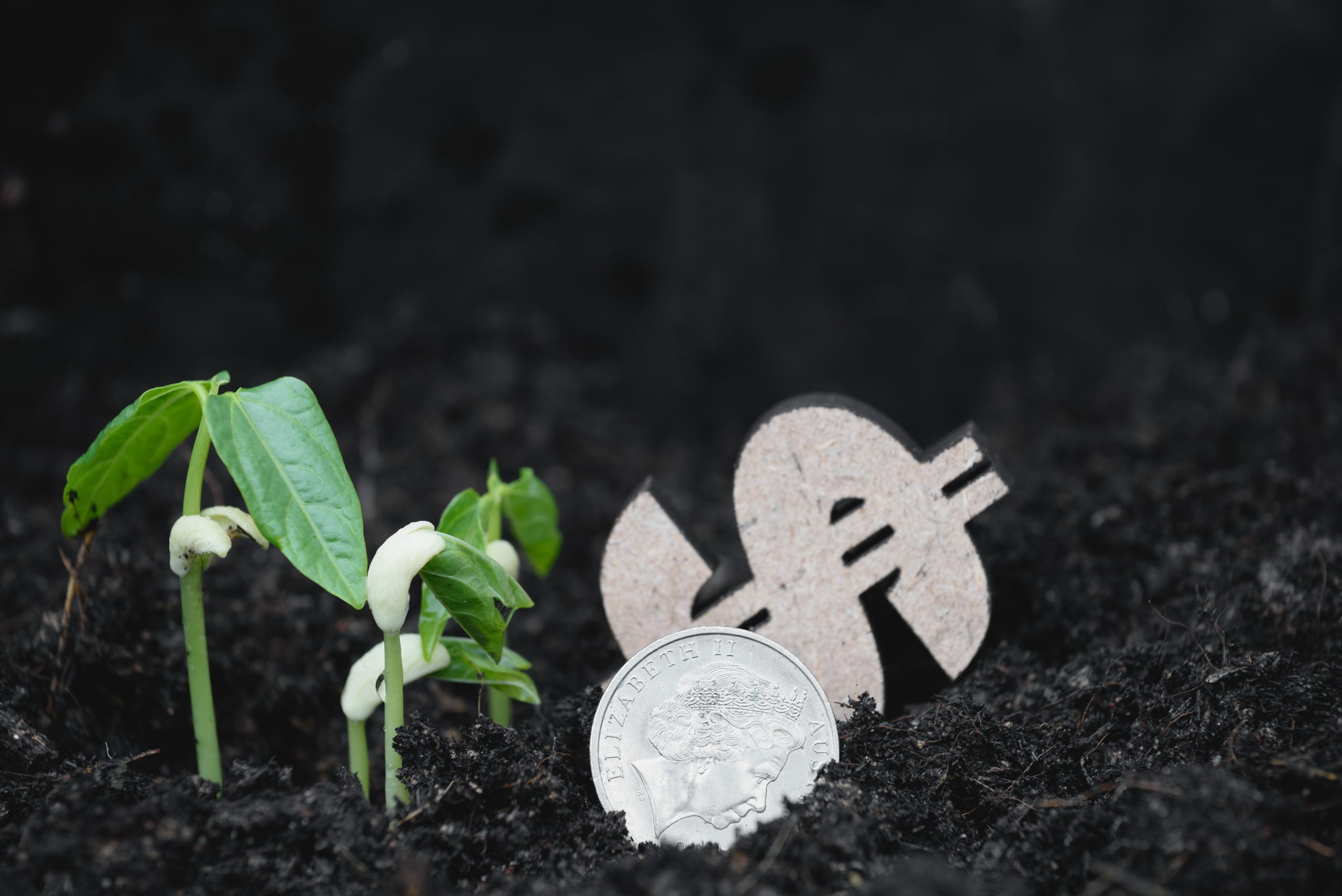Global companies now see nearly $5 trillion in potential gains from climate-related business opportunities, according to a new report by CDP, the world’s leading environmental disclosure platform. The report released during the COP29 climate summit in Baku, Azerbaijan, highlights the growing recognition among the world’s largest businesses of the value in building climate resilience, entering new markets, and transforming products and services.
The CDP analysis, based on disclosures from companies representing over two-thirds of global stock market value, reveals that climate opportunities among disclosing firms reached $16 trillion last year, comparable to the combined GDPs of Germany, India, and Japan combined. The average company identified around $3.1 billion in potential financial gains, underscoring the increasing role of low-carbon products and climate-adaptive operations.
“Companies increasingly see tackling climate change as an investment in the future – and that’s how governments need to start seeing their NDCs ahead of next year,” said Sherry Madera, CEO of CDP. She emphasised the need for governments to deliver detailed Nationally Determined Contributions (NDCs) at COP29 to support private-sector initiatives and catalyse green growth. “This analysis shows there are trillions in opportunities across the global economy. Business now needs governments to lay out plans with sufficient detail for the market to act, realise these gains and kickstart green growth. With the focus of COP29 negotiations on finance, we believe the only route to success is seeing ambitious business practice and the 1.5C goal working hand in hand,” Madera added.
However, the report also indicates a gap between ambition and action. Only 16% of companies currently generate the majority of their revenue from low-carbon products, and investments for climate transition plans account for just 25% of their capital expenditures. This discrepancy indicates that many businesses are struggling to fully align core activities with climate objectives and may require stronger policy frameworks to catalyse private capital for climate initiatives.
As companies navigate rising climate risks, CDP’s findings show that awareness among major corporations has grown. The world’s largest companies identified $1.3 trillion in potential climate-related risks this year, marking a 29% increase since 2018, with key concerns including regulatory changes, market impacts, and physical climate threats. CDP’s environmental disclosures, providing essential data for governments, support the development of comprehensive climate targets across economies.
In 2024, CDP recorded a 7% increase in corporate environmental disclosures, with over 24,800 companies reporting, covering 66% of global stock market value. More than 12,500 small and medium enterprises (SMEs) also began tracking their environmental impact through CDP’s new SME questionnaire. CDP’s partnerships continue to expand internationally, strengthening governmental use of climate data. In Brazil, a partnership with the Ministry of Science, Technology, and Innovation is nearing completion to integrate extensive climate data across ministries, enriching Brazil’s DataClima+ system.
“The partnership between the Ministry of Science, Technology, and Innovation of Brazil and CDP further enhances the relevance of using environmental data in government decision-making. The institutions already have a long-standing partnership in the sharing of data for the Organisational SIRENE tool, a public platform that receives voluntary reports of greenhouse gas emissions inventories from organisations. We are now in the final stages of expanding this partnership with a new umbrella agreement that will facilitate the sharing of extensive data with other ministries, feeding the DataClima+ system with information that will be used for monitoring Brazil’s NDCs and for the development of reports such as the Biennial Transparency Reports (BTR)” said Márcio Rojas, General Coordinator of Climate Science, Ministry of Science, Technology and Innovation, Brazil.
“It is highly encouraging to see that more than 12,500 small and medium enterprises (SMEs) reported through CDP’s new SME questionnaire in this first year. Disclosure is a crucial first step to action and will be essential to future-proofing SMEs and supply chains across major and emerging markets. CDP has been a great partner in my campaign to empower thousands of small businesses to thrive in the green transition – helping SMEs to surface information that will make it easier to understand where to focus their attention, build capacity and act,” said Nigar Arpadarai, UN Climate Change High-Level Champion.
